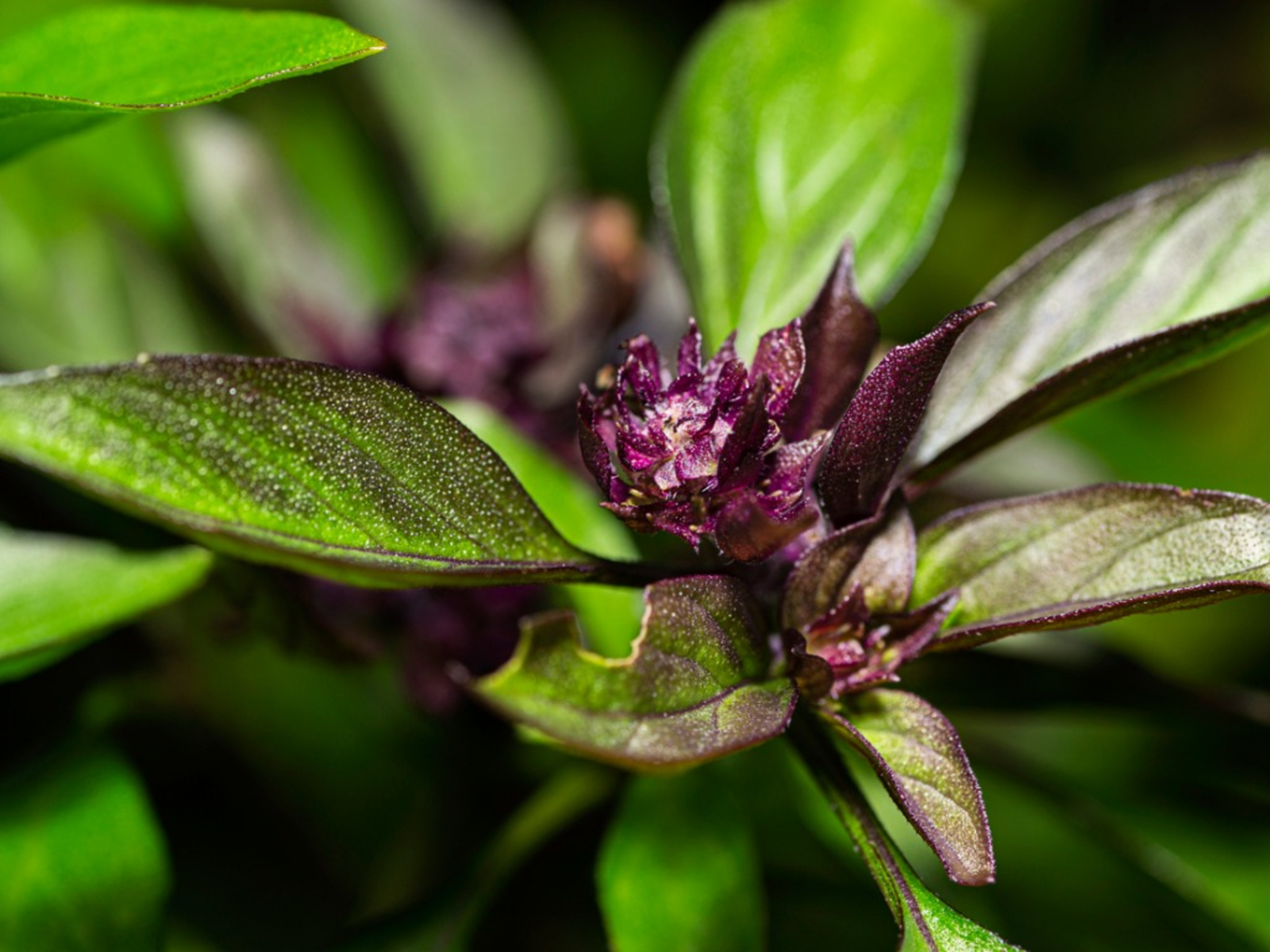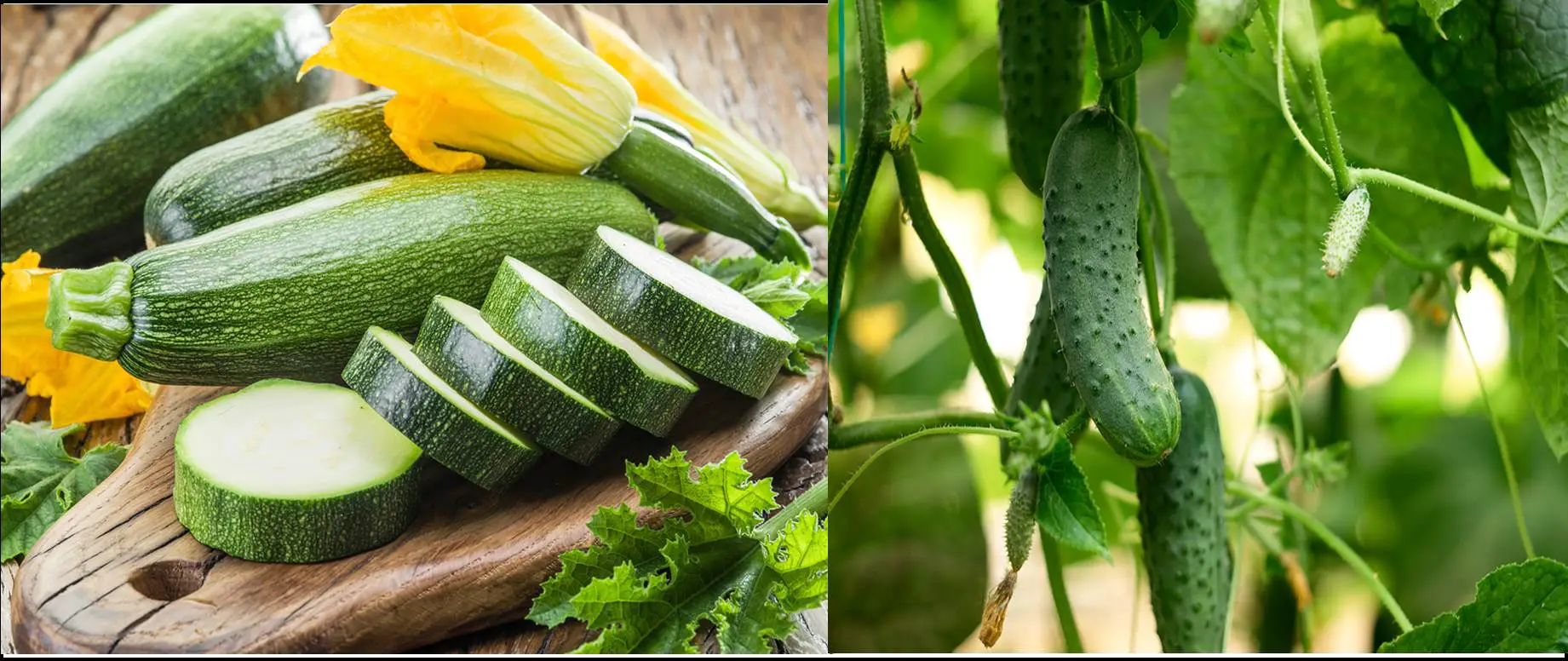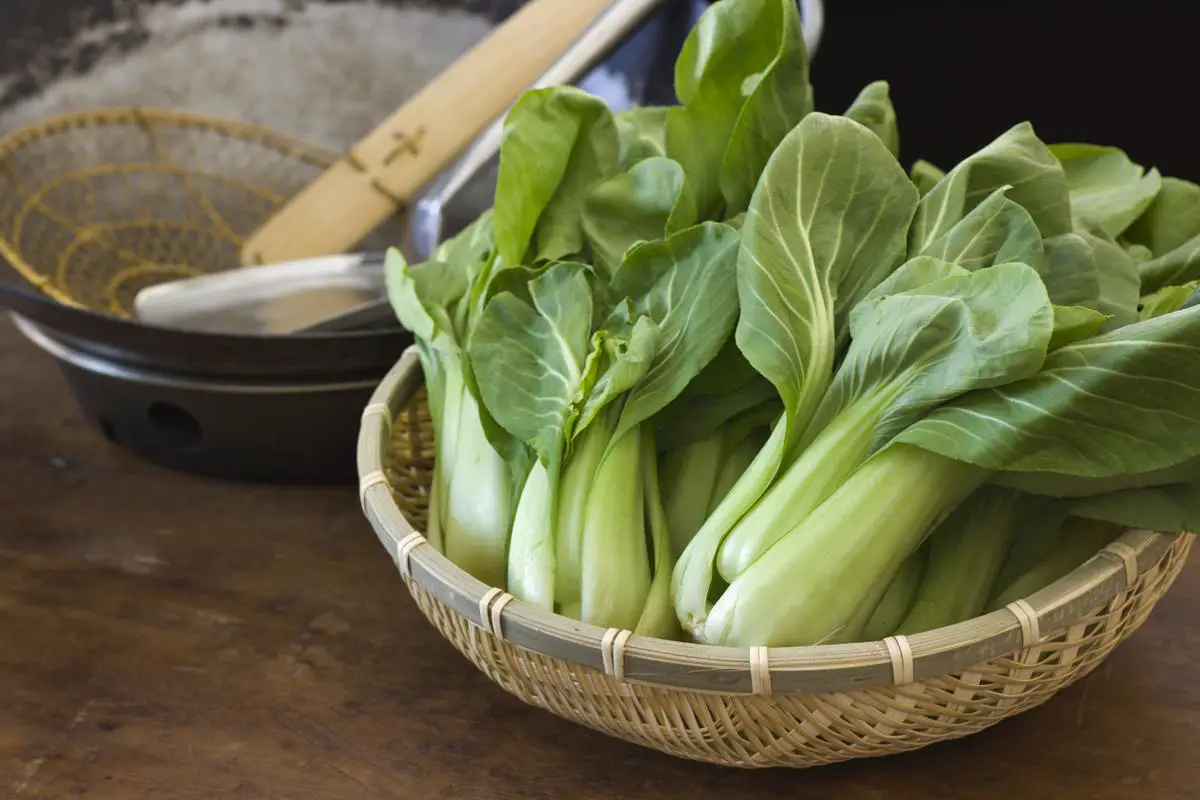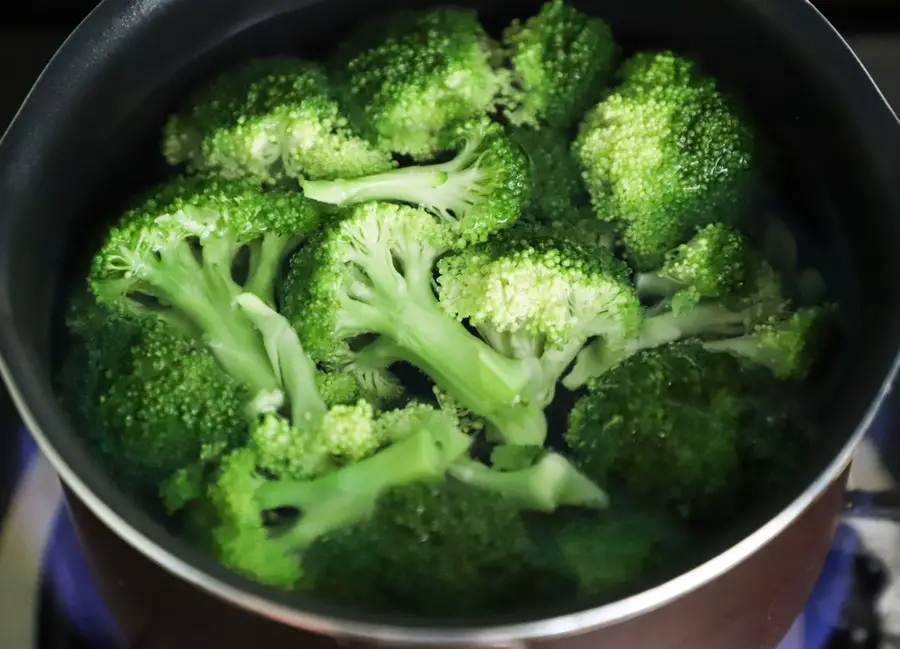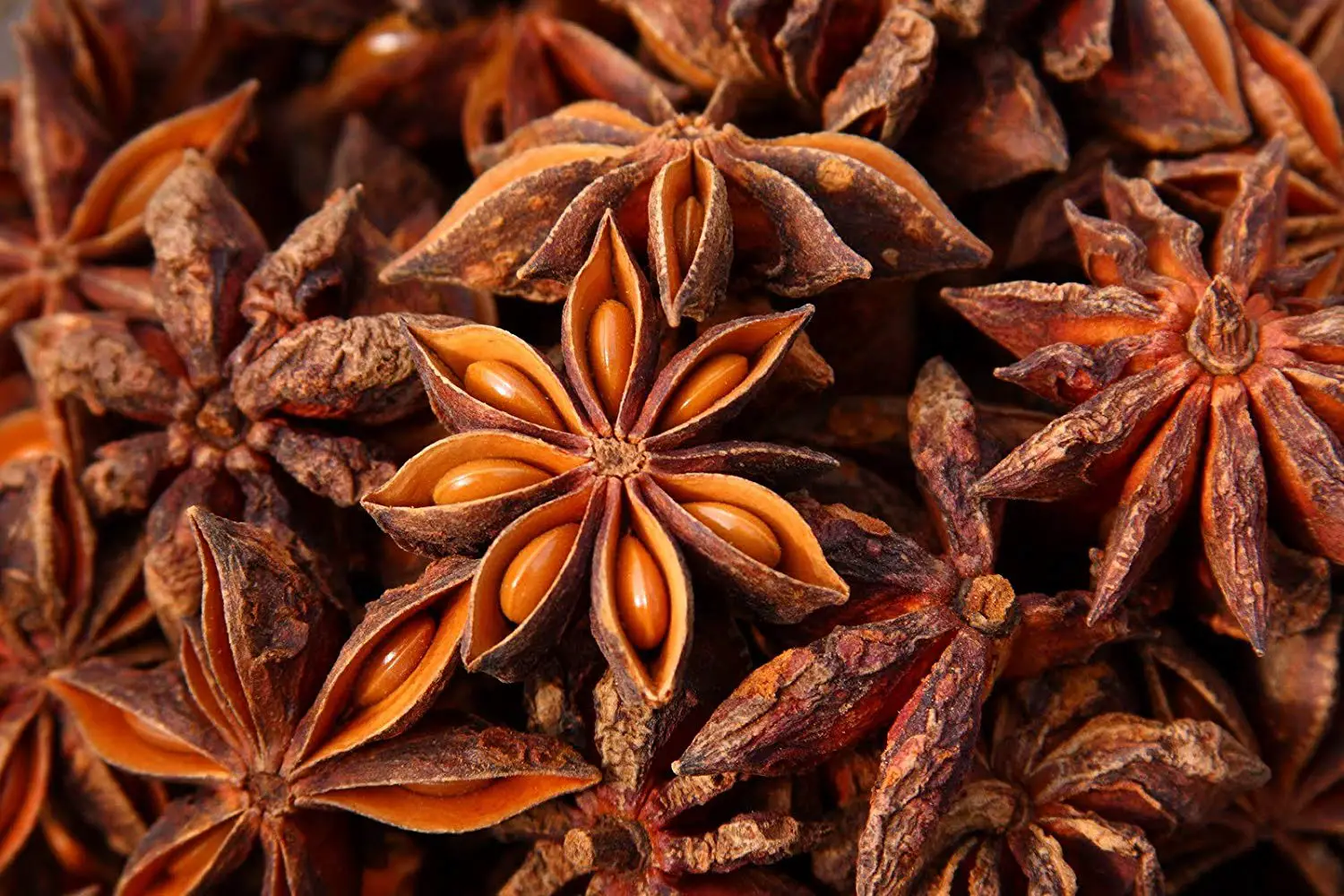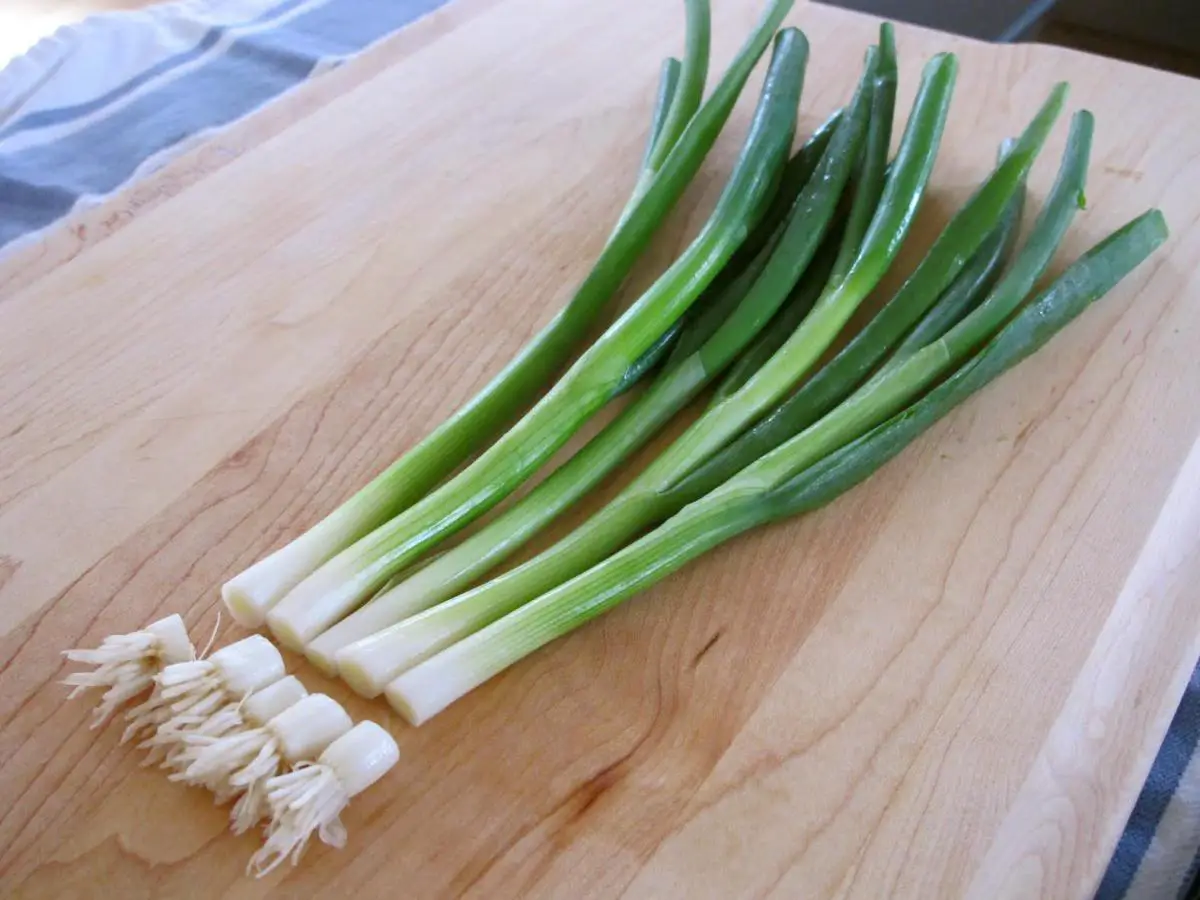Thai basil is a native herb to South-Asian countries and is now popular worldwide for various regional cuisines.
Among 30 to 40 variations, Thai basil is considered the most popular in culinary tradition due to its exceptional condiment qualities.
This is the reason for Thai basil substitutions to be found in very few numbers.
Still, these few substitutes can save you during the unavailability of such prized ingredients if needed for some mouthwatering dishes.
You may find these alternatives a bit different in taste from what Thai basil could offer, but nonetheless, they prove useful ultimately.
3 Basil Varieties and 3 Alternatives that can Substitute Your Thai Basil Requirement
The following substitutes are from the basil family and they are suitably used in many Thai as well as different global cuisines:
1. Italian Basil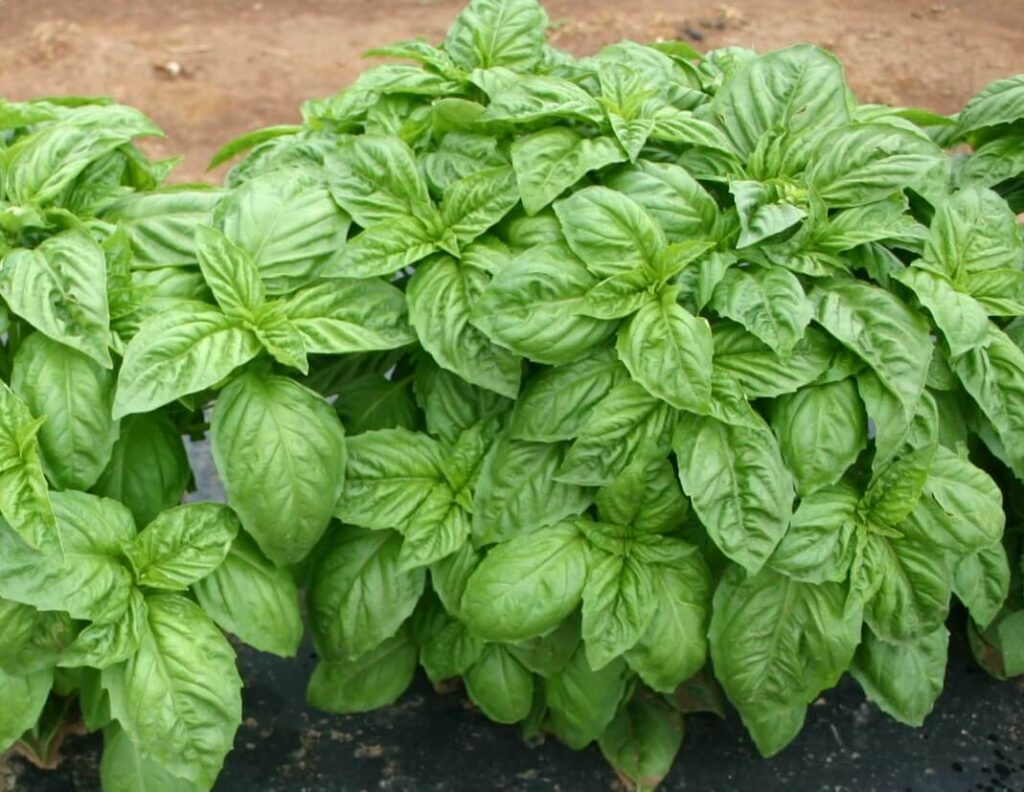
Many cooks or housewives will opt for Italian basil in the first place to use it as a substitute for Thai basil.
It is because Italian basil can give you the closest and tastiest condiment quality in absence of Thai basil. Italian basil also belongs to the Thai basil family which gives it a similar aroma and nutritional qualities.
Italian basil is very well-known in the western world for its uses in marinara sauce, pesto, salads, and many seafood dishes.
Remember, Italian basil is not as sharp as Thai basil in taste. So you may use one and half times more Italian basil than you would use the Thai basil in your dishes.
Also, Italian basil doesn’t seem to cook as well as Thai basil; it is better if you mix it with your dishes at the finishing hour of the particular dish’s cooking time.
2. Holy Basil or Tulsi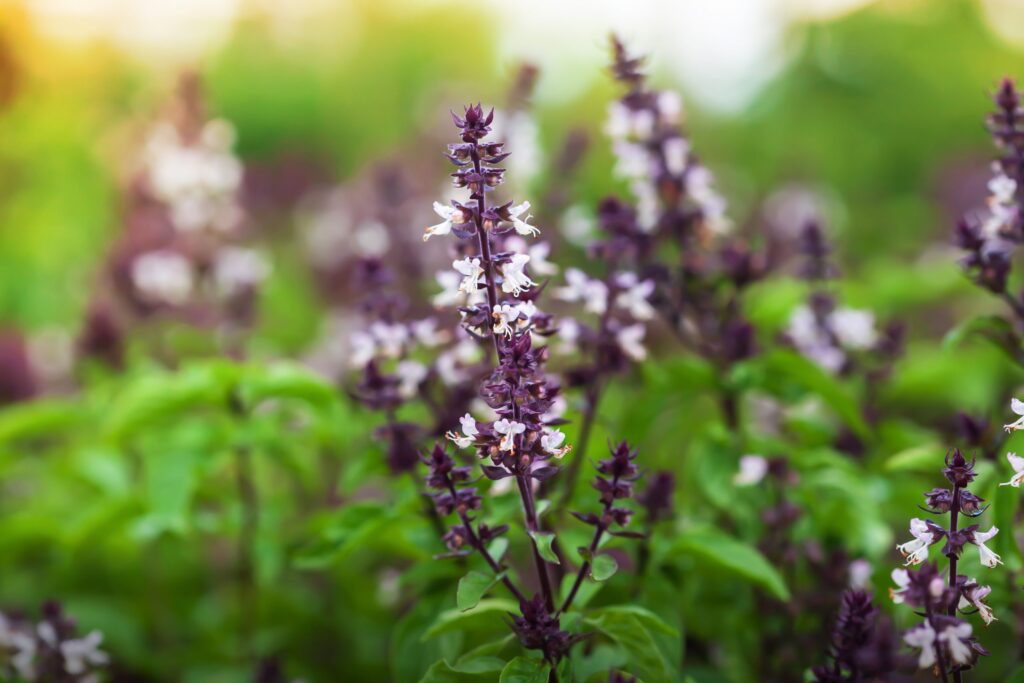
The Holy basil or traditionally named, Tulsi, is the Indian subcontinent basil that is a common herb in many Indian residences.
Though native to the Indian subcontinent, Tulsi is common to Thai cuisines too. Thai cooks prefer Tulsi for its spiciness and they refer it to as ‘Hot Basil’.
Holy basil can be used in various delicious Thai dishes like chicken, meat, soup, etc.
You can use the same amount of holy basil as you would use Thai basil in your dishes.
3. Lemon Basil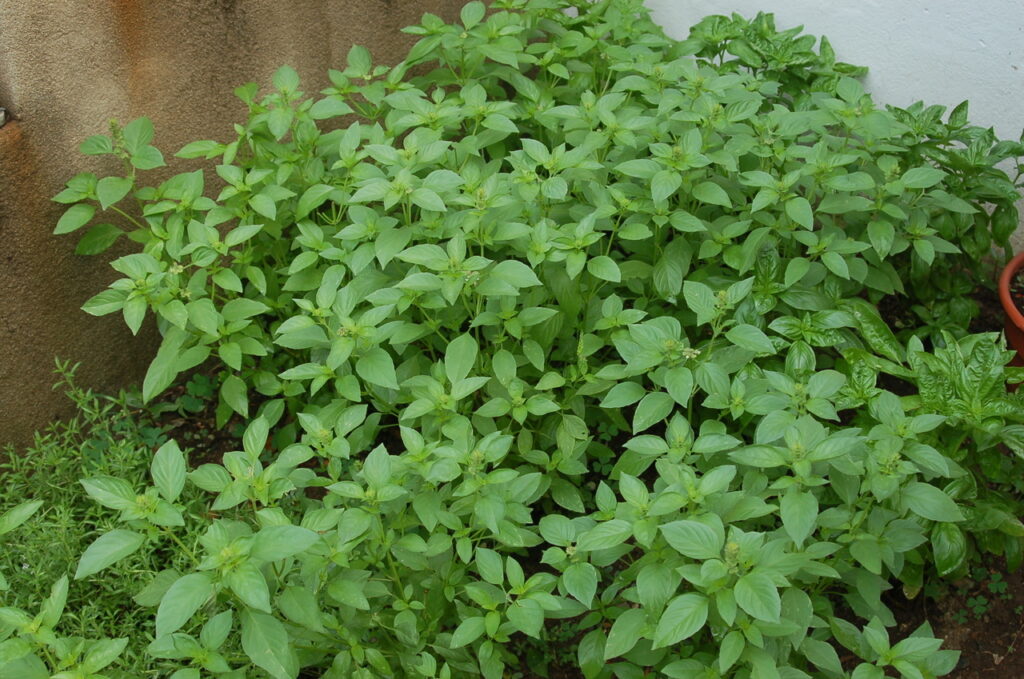
Lemon basil has the undertone of lemon scent and taste which can spring the food aroma in a much relishing way to the eaters.
Though it is the least used basil variety in Thai cuisines, lemon basil could serve you well if you don’t find any other suitable substitute for Thai basil at times.
4. Star Anise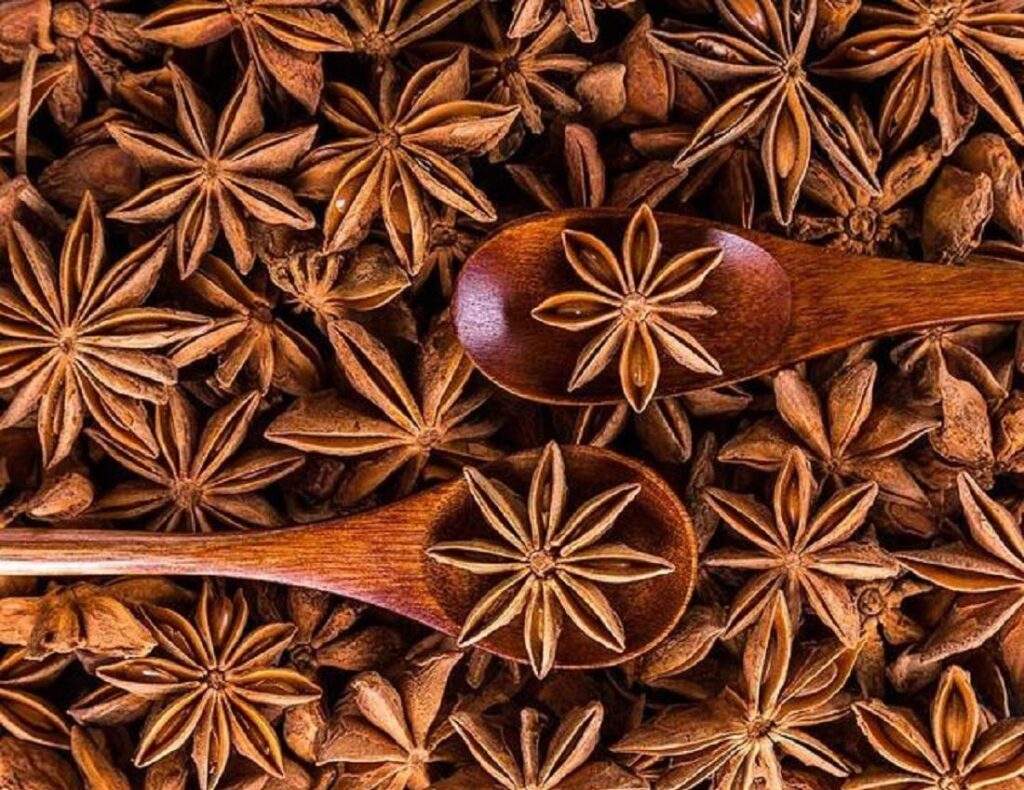
Star anise is available in Vietnam and China which is a nice choice as a substitute for Thai basil.
This one is very spicy and pungent in taste. Star anise has a licorice taste which means it is chewy and sweet- just what Thai basil can offer.
Due to its intense spiciness, star anise should be used moderately in your dishes. Use just one petal or half a teaspoon of ground star anise in your dish, and it will serve you just right for the required taste and aroma.
5. Tarragon 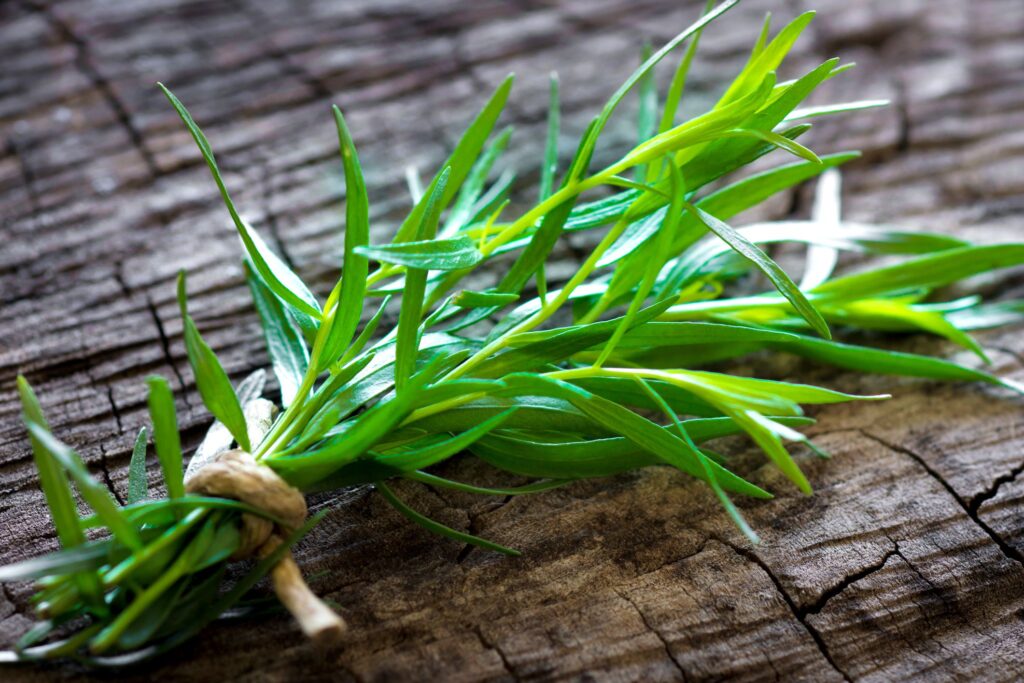
Tarragon is a suitable substitution herb for Thai basil due to its licorice taste.
Tarragon can be used in many French dishes also. You can use it in many chicken and fish-based cuisines to add authentic taste.
You should apply half the amount of tarragon that you would use in Thai basil in your recipe. But if needed, you may increase the amount.
6. Fennel
Like tarragon, fennel also possesses the licorice taste which is a standard qualifier to substitute Thai basil.
You can utilize fennel in two ways in your dishes; use its leaves as herbs and toss its bulb portion as a vegetable for salads.
Note that fennel is less intense in licorice taste than Thai basil. So use about one and half times more fennel than you would use Thai basil.
Endnote
You may keep track of these substitutes for Thai basil as such a valuable condiment may not be available all the time.
But whenever or whatever substitute you use, make sure to idealize the qualities and taste that Thai basil can add to the dishes. This way, you will be able to apply the alternatives smartly.
You may explore the other species of basil family that may come in handy in times of necessity.
Besides, cooking Thai basil is useful as an antidepressant, antiseptic, and pest controller. You may find the above-mentioned substitutes helpful in meeting these requirements too.
Make sure to consult your doctor about using any substitutes for Thai basil so they cannot or minimally affect your health during intake.
